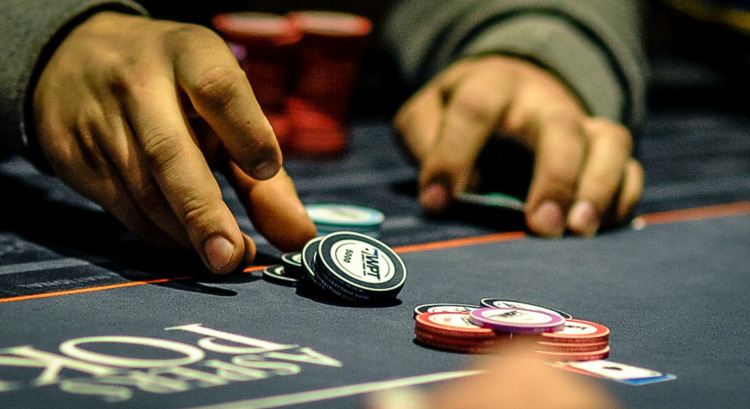
Decoding Timing Tells in Online Poker A Player’s Guide
The world of online poker is an arena where the smallest of details can translate into a big win. Just as body language and facial expressions are valuable tools for understanding an opponent’s strategy in live poker, online players have their own set of indicators: timing tells. Recognizing and capitalizing on these cues can be the difference between folding or calling, winning or losing.
Basic Online Tells
Unlike live poker where you can watch for physical tells, online poker requires players to be more observant of their opponent’s patterns and habits, especially regarding the time they take to make a decision.
1. Long Wait and Check: When a player takes a while before checking, it can often suggest weakness or uncertainty. They might be contemplating a bluff or are genuinely unsure about the strength of their hand. Knowing this can allow you to apply pressure in subsequent betting rounds.
2. Long Wait and Bet/Raise: If your opponent is deliberating for an extended period before deciding to bet or raise, they might be attempting to portray strength when, in fact, their hand might be marginal. Alternatively, they could genuinely be pondering the best amount to bet with a strong hand.

3. Check/Call on the Flop and Then Bet Small on the Turn: This is a fascinating tell. It often implies that the player didn’t have a strong hand on the flop but has potentially improved on the turn, albeit not enough to be entirely confident.
4. Quick Bet/Check: Speed is also a tell. If your opponent quickly bets, it could be a sign of a pre-determined move, indicating a potentially weak hand that they’d decided to play aggressively. Conversely, an instant check might mean they’ve hit the fold button to any bet, indicating weakness.
5. When Your Opponent’s Turn Time Has Expired: If a player frequently lets their turn timer run out, it’s a sign of distraction or multi-tabling. Use this to your advantage by mixing up your play and keeping such an opponent guessing.
Recognizing these tells is just step one. The real skill lies in interpreting them correctly within the broader context of the game and the specific habits of your opponents. While these general patterns hold true, remember that seasoned players might use timing tells to mislead or trap.
Practice, experience, and constant vigilance will improve your ability to spot these tells and adapt your strategy accordingly.
